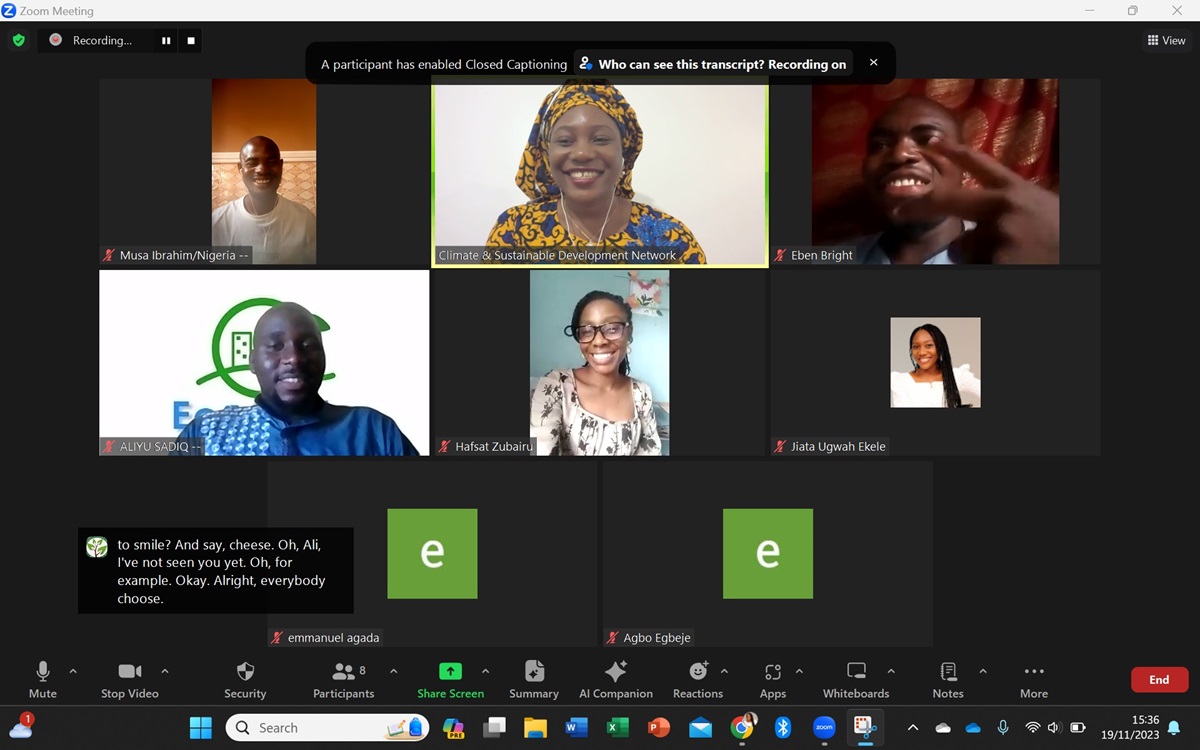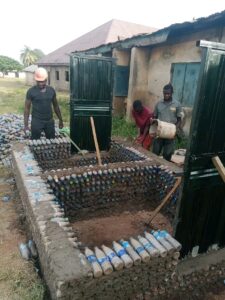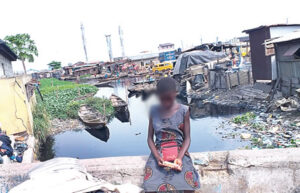
The Climate and Sustainable Development Network (CSDevNet) highlights urgency in addressing open defecation crisis for sustainable development in Nigeria.
This was done in an advocacy webinar held in commemoration of the World Toilet Day 2023, themed: “accelerating positive change for more hygenic and inclusive toilet facilities.”
In a pivotal segment of the webinar, experts delved into the alarming prevalence and adverse impact of open defecation in Nigeria. The webinar emphasised the imperative to address this crisis within the broader framework of sustainable development.
The two panellists, Mr Aliyu Sadiq (Co-founder, Ecocykle Ltd.) and Mr Musa Ibrahim (United Nations Land and Drought Hero, Eleven-Eleven-Twelve Foundation) presented stark facts and statistics, revealing the pervasive nature of open defecation in Nigeria.
According to World Bank, 39% of households in the rural areas of Nigeria lack access to at least basic water supply, while only half have access to improved sanitation and almost a third (29%) practice open defecation – a fraction that has marginally changed since 1990.
WaterAid statistics adds that Nigeria is the worst country in Africa and the third worst globally for urban
sanitation with more than 58 million urban dwellers (67.2% of the population) living without access
to a safe, private toilet.
The detrimental effects on public health, environmental degradation, and the impediment to achieving sustainable development goals were underscored during the webinar. Both Aliyu and Musa shared their initiatives aimed at tackling this issue head-on.
Mr Aliyu presented his groundbreaking “Pet Bottle – Toilet Project,” an initiative that takes a creative approach to address open defecation, especially in primary schools.

The project focuses on creating low-cost, eco-friendly toilets using recycled pet bottles. Aliyu highlighted the success of the project in providing a practical and sustainable solution to the sanitation challenges faced by schoolchildren.
Musa, the other esteemed panellist, provided insights into the Clean Nigeria campaign’s role in combatting open defecation. He emphasised the campaign’s multifaceted strategy, incorporating waste management, renewable energy, and sustainable agriculture practices. And stressed the campaign’s commitment to raising awareness and mobilising communities to adopt responsible sanitation practices.
The discussion expanded to explore holistic solutions to the open defecation crisis. The panellists highlighted the critical need for robust infrastructure and its regular maintenance to ensure the success of sanitation initiatives. Inclusivity, particularly addressing the needs of individuals with disabilities, emerged as a key consideration in designing and implementing sanitation facilities.
The integration of technology was also discussed as a powerful tool in the fight against open defecation. Initiatives such as creating a mobile app to help people locate the nearest toilets were proposed, aiming to enhance accessibility and promote responsible sanitation practices.
The host, Jiata Ekele, brought attention to the intersectionality of open defecation issues with the reproductive health of young girls and women. Jiata emphasised the urgent need to recognize and address how inadequate sanitation facilities disproportionately affect the health and well-being of these vulnerable populations.

In conclusion, the CSDevNet webinar provided a platform for in-depth discussions on open defecation, positioning it as a critical impediment to sustainable development in Nigeria.
The initiatives and solutions presented by the panellists, coupled with the insightful remarks, underscored the collective commitment needed to overcome this challenge and pave the way for a healthier, more sustainable future for all.
